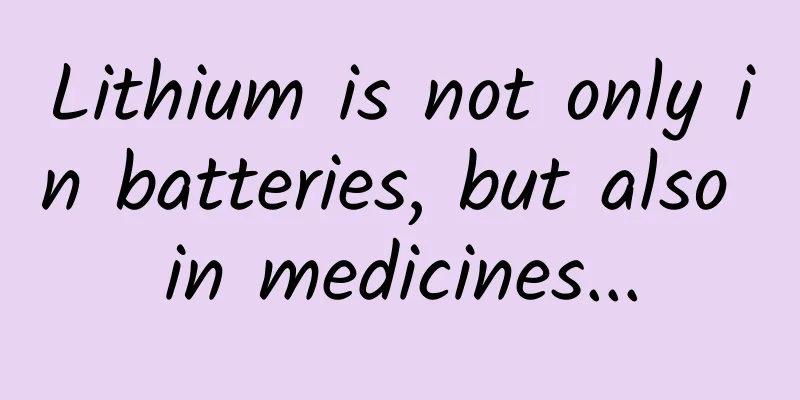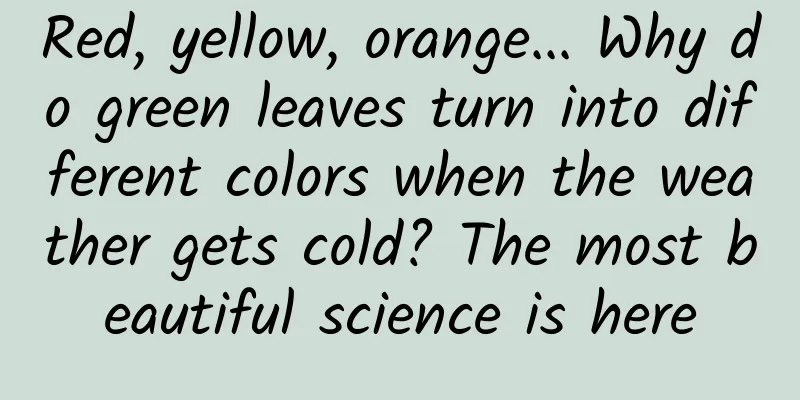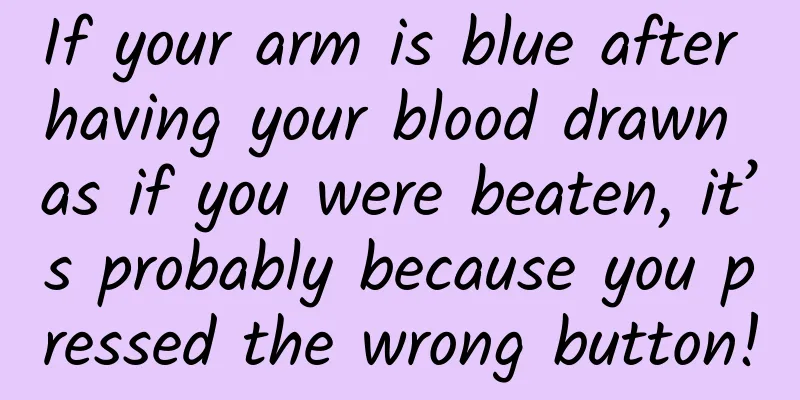Lithium is not only in batteries, but also in medicines...

|
Lithium is not only in batteries, but also in medicines... "Hydrogen, helium, lithium, beryllium, boron, carbon, nitrogen, oxygen, fluorine, neon..." Lithium, as the third element in the periodic table, is known as a green energy metal and "white oil". It is not only well-known as the core element of lithium batteries, but can also be turned into a "panacea" for treating mental illness - lithium salt. Speaking of lithium salt, we have to mention its interesting history of invention. Image source: Drawn by the author In the past, people were crazy about lithium. It was considered a panacea and added to water and sold as a health drink. Even now, the original formula of 7-Up, a favorite drink for children, still contains lithium. Lithium salts were even sold as a substitute for table salt, but serious side effects and death reports followed, and the lithium carnival came to an end. Because lithium can help the body excrete uric acid, it was first discovered by a British doctor, Garrod, for the treatment of gout. However, the effective therapeutic dose at that time was greater than the toxic dose, and the use of lithium salts came to an end. A century later, scientist John Cade believed that there might be some uric acid-related disease behind the "mental excitement" of manic patients. After learning about Garrod's successful experience in using lithium to treat gout, Cade began to treat 10 patients with lithium citrate and lithium carbonate. Most of the patients responded well, and after many years of treatment, they were basically cured and restored their social functions. This discovery did not cause a sensation in psychiatry at the time, but it laid a good foundation for the subsequent use of lithium salts to treat mental illnesses such as mania. Image source: Drawn by the author The turning point of the story came in 1952. After seeing Cade's research, a team of Danish psychiatrists conducted further experiments to confirm that lithium salts have therapeutic significance for mania. The turning point of things came on the day the photometer came out, but due to the refinement of the operation, special attention needs to be paid to the preparation of samples and the operation of the instrument to ensure the accuracy of the measurement results. This process is also full of difficulties. Fortunately, hard work pays off. Scientists use it to quickly and accurately measure indicators such as drug concentration and purity. This feature determines the range of the minimum effective amount of lithium salts to the minimum toxic dose, which is what we call the safe medication range. After a large number of subsequent clinical trials, the US FDA finally passed in 1970 to use lithium salts as a landmark drug for the treatment of mania. Since then, lithium salts have been widely used in clinical practice in the form of lithium carbonate. As we all know, the synthesis of glycogen, cell cycle, cell differentiation and apoptosis in our body are inseparable from the activity of glycogen synthase kinase 3 (GSK-3 for short). Lithium salts protect and nourish nerves by inhibiting GSK-3, thereby slowing down neurodegenerative diseases, enhancing nerve regeneration, and improving behavioral performance and cognitive function. Therefore, lithium salts are used clinically to treat acute brain injury (ischemia, etc.) and chronic neurodegenerative diseases (Alzheimer's disease, Parkinson's disease, Huntington's disease, etc.), improving the quality of life of many elderly people. In addition, lithium salts can also prevent suicide through their unique mechanism - reducing the recurrence of bipolar disorder, reducing aggression and impulsive behavior, and extending the life of many patients with refractory depression; lithium salts combined with second-generation antipsychotic drugs have also brought unexpected therapeutic effects to patients with schizophrenia. In addition to being used as a GSK-3β inhibitor to treat psychiatric disorders, lithium salts can also reduce the recurrence rate of patients with hyperthyroidism treated with radioactive iodine and increase the preservation rate of the thyroid gland after radiotherapy by interfering with the synthesis and release of thyroid hormone. Therefore, they are also used to treat hyperthyroidism. Existing animal studies have found that lithium salts also play a significant role in ischemia-reperfusion injury, anti-infection, anti-cancer and immune regulation damage. With the progress of clinical trials, it is believed that more pathways and uses of lithium salts will be discovered, and humans will be able to use this hard-earned "magic pill" more comprehensively. |
<<: The hotter the foot bath water, the better? The truth is——
>>: There are maggots growing in my garbage dump, and you tell me it's a good thing?
Recommend
Can Douyin’s yellow V certification increase push notifications? How to increase fans?
There was no sign of Tik Tok's rise to fame; ...
What does app operation do? How much does App operation and App development cost?
We often hear many companies say they want to mak...
Finally betting on dual SIM cards and dual standby, is iPhone taking the wrong path?
Before we know it, iPhone X has been released for...
Are you a seventh-stage programmer?
[[130300]] Preface A programmer's programming...
The shepherd's purse that you love to eat can actually be eaten with meat?
The spring breeze first brings the plum blossoms ...
With the SSD wave coming, why do people still need a mechanical hard drive?
Since IBM invented the Winchester hard drive in 1...
China Passenger Car Association & CAM: Passenger car market product competitiveness index is 90.5 in April 2022
The Automobile Market Research Branch of the Chin...
What are the things to pay attention to when leasing IDC large bandwidth?
What are the things to pay attention to when leas...
Operational methodology: How to carry out private domain operations well?
If public domain traffic is the ocean, then users...
Google proposes the concept of "upstream first" to eliminate the pain points of Android fragmentation
One of the things that has always been criticized...
"Constipation magic weapon" gorgeously transformed into "magic water"? Uncovering the quack tricks of enema skin care
Perhaps Kaisulu itself did not expect that the or...
The scale strategy failed, and discounts and promotions reversed the decline. How far is Porsche from Jaguar Land Rover?
Recently, some netizens found that the price of P...
China Electronics Technology Standardization Institute: 2021 Small and Medium Enterprises Digital Transformation Analysis Report
The China Institute of Electronics Standardizatio...
How do popular products come about? Ideas for selecting products for second-category e-commerce advertising!
You place orders as aggressively as a tiger, but ...
Wearable camera as big as a pinhole camera
A new smart wearable camera "WearWise" ...









